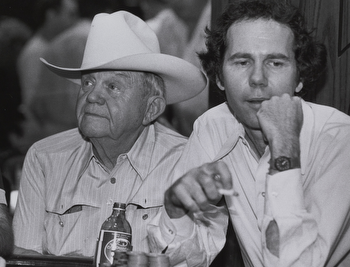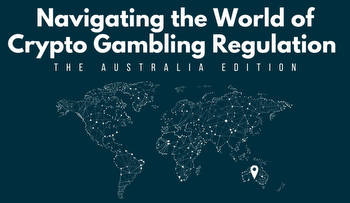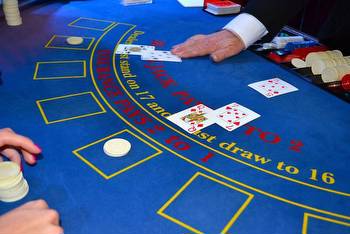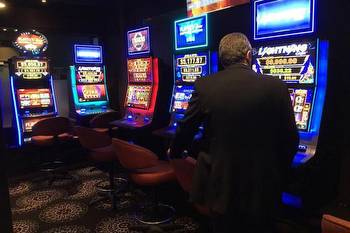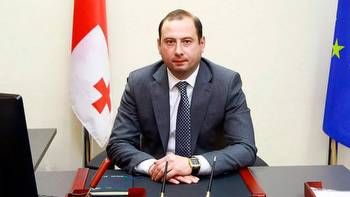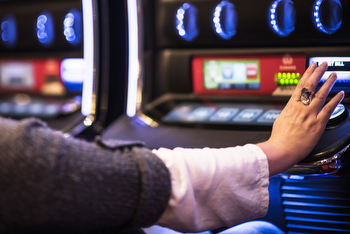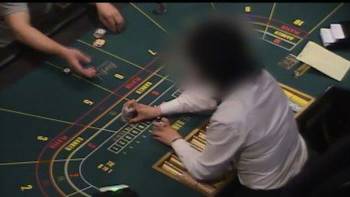Casino bosses need shock therapy on money laundering

It is anything but, as a brief exercise in joining the dots demonstrates. Casinos are cash businesses that have always appealed to those seeking to move large amounts of dirty money. Much of the illicit cash comes from the drug trade, although sexual servitude and terrorism have become more prominent in recent years.
If you are a drug importer, Australia is a more attractive place to do business when you can move the proceeds out of the country without detection. Laundering it in a casino that asks few questions is akin to Christmas coming early.
They might have lost their jobs and a fair chunk of reputation but they’ve all been spared the hardest truth.
A slew of casino executives think they had a hard time of it in front of inquiries. Rubbish. They might have lost their jobs and a fair chunk of reputation, but they’ve all been spared the hardest truth: slack anti-money-laundering observance for which they are responsible almost certainly contributed to more drug importation to Australia, more addiction, more misery and death. And not one of them has been brought to account for that.
So let’s get serious and make anti-money-laundering training work. Force the senior executives of casinos to understand why the obligation exists. Get rid of box-ticking exercises and all too easy to forget seminars and PowerPoint presentations. Replace them with some real-life experience that they will never forget.
Have them accompany an ambulance crew attending drug overdose call-outs and let them see the way the end users of the trade lash out at those trying to save their lives. Have them spend some time with police in the overnight centres where the ice-addled party boys are in full swing, screaming, swearing and punching the walls of their cells with a fury only that drug can produce.
Better still, require the casino suits to attend a coronial inquiry of a drug overdose victim and see the faces of grieving loved ones.
To finish, a few hours at a drug injection facility will acquaint the casino industry’s leadership with what addiction does to people. The scaly skin, incessant scratching, hair loss and rotting teeth, accompanied all too often by hopelessness.
A touch overdramatic? It doesn’t begin to impart the depravity of sexual servitude and paedophilia, and the horrific way in which people are killed through terrorism, all of which money laundering policy seeks to curb.
Only by exposing those we charge with reporting suspicious money transactions that signal this heinous activity can we realistically expect the message to sink in.
Human nature has a homing pigeon quality to it where money and regulation are involved. So, the choice is either we get serious about money laundering training or be guaranteed that this epic regulatory failure resurfaces in future.








